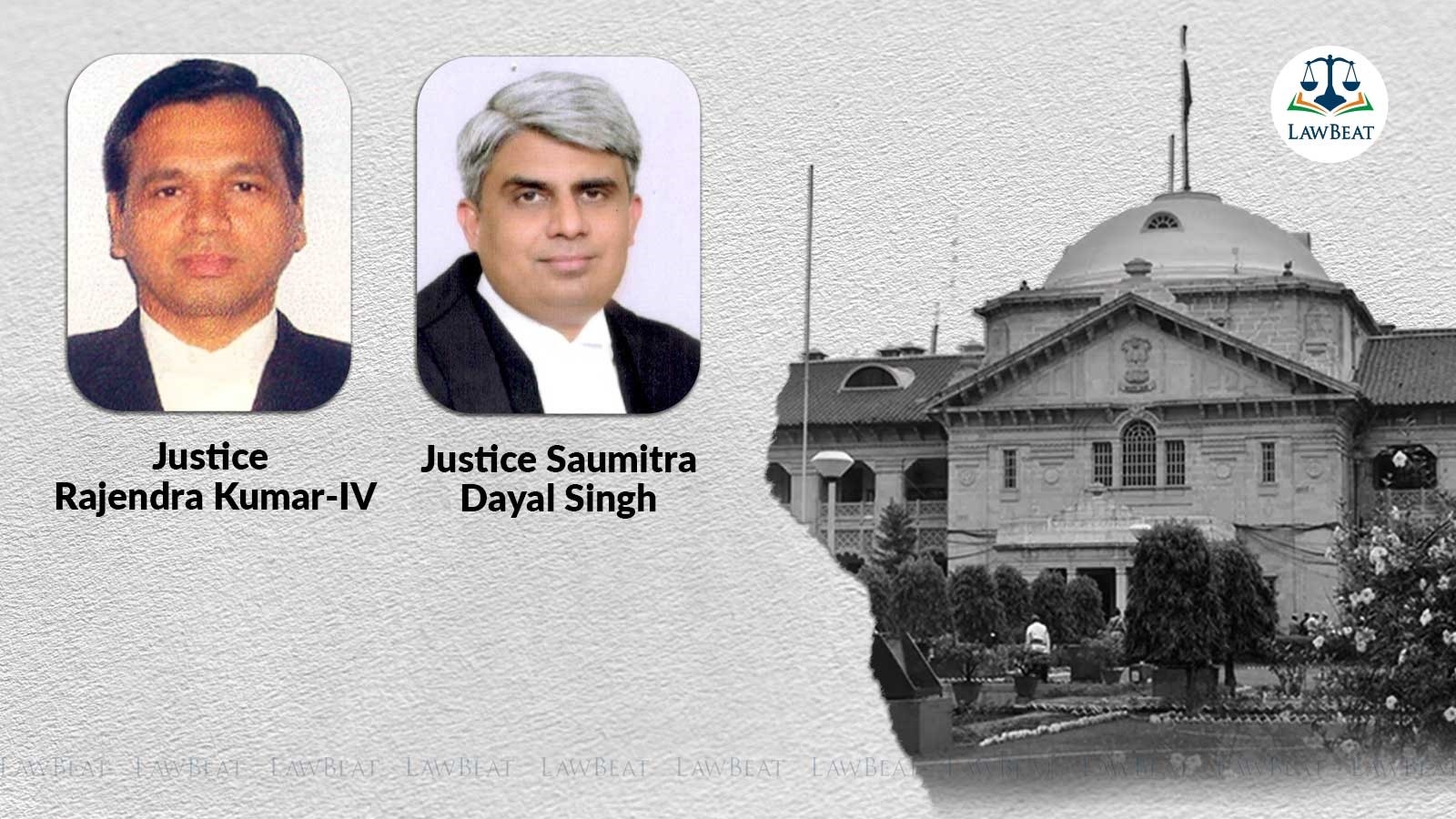Allahabad HC Rejects Man's Plea for DNA Test To Prove Adultery Allegations Against Wife

Court said that it may never pass any order or issue any direction to compel the parties to lead any evidence as may contain a possibility of demolishing its case/defence
The Allahabad High Court recently dismissed a writ petition filed by a man seeking direction for DNA test of a child to prove adultery allegations against his wife.
The bench of Justice Saumitra Dayal Singh and Justice Rajendra Kumar opined that since the present proceeding was a civil proceeding and not a criminal trial or enquiry or investigation, it was not for the court to direct the parties to lead any particular evidence.
"In any case, the Court may never pass any order or issue any direction to compel the parties to lead any evidence as may contain a possibility of demolishing its case/defence," it said.
Through his petition, the man had challenged the order passed by Principal Judge, Family Court, Chandauli in a suit filed by him under Section 12 of the Hindu Marriage Act, 1955.
By that order, the court below had rejected the application made by the man seeking DNA test of the child born from the marriage ostensibly to establish that he was not the biological father of the child thus born.
Court noted that the parties' marriage, their cohabitation, and the child's birth within 9 months of marriage were undisputed facts. "...though the appellant has also sought to allege that no physical relationship was established between them," it pointed out.
However, court clarified that it was not the case of the man that before their marriage, the parties had not known or met each other. "In that regard, the pleadings are absolutely silent," court underscored.
Court, therefore, held that in any case, qua the allegation of adultery being levelled by the man, the burden to establish the same remains on him.
"He cannot seek to lighten that burden by forcing the opposite party to lead evidence as may not only demolish the defence, if any of the opposite party but also be read as evidence that may prove the case of the appellants," court stressed.
Court also refuted the argument put forth by the man's counsel that principle of law laid down in Nandlal Wasudeo Badwaik Vs. Lata Nandlal Badwaik & another, 2014 was applicable in the present matter.
Court said, "In that case, the DNA test report had been received in evidence and had been proven on record. It is in that light that Supreme Court laid down the principle that the presumption available under Section 112 of the Indian Evidence Act, 1872 is rebuttal, and that in face of the medical expert opinion of DNA test report, that presumption stood rebutted, in the facts of that case. At present, in absence of any DNA test report available the stage to apply that principle laid down by the Supreme Court, is not available".
Therefore, court held that the petition at hand lacked merit.
Case Title: Sachin v. Sangeeta Devi
